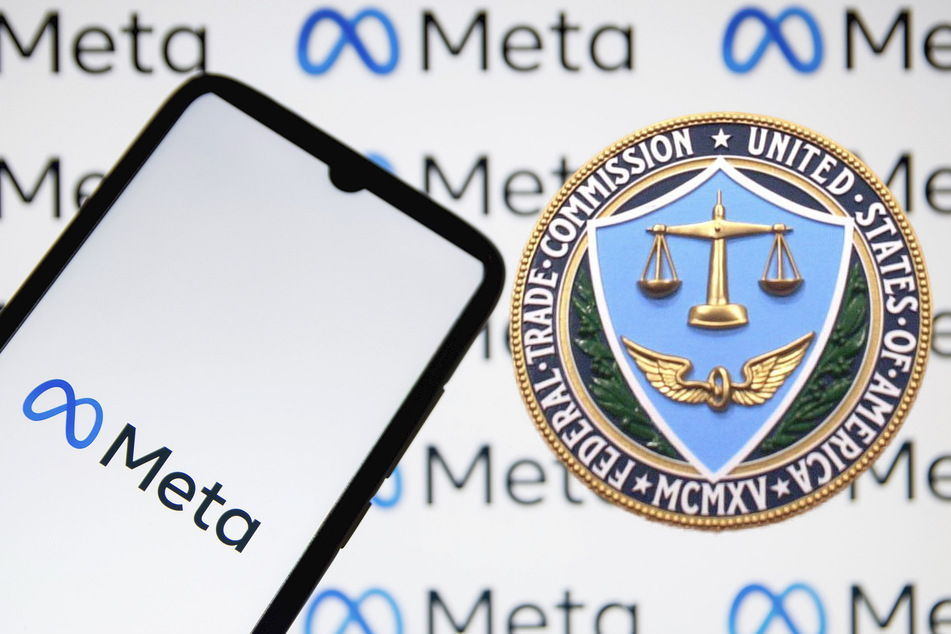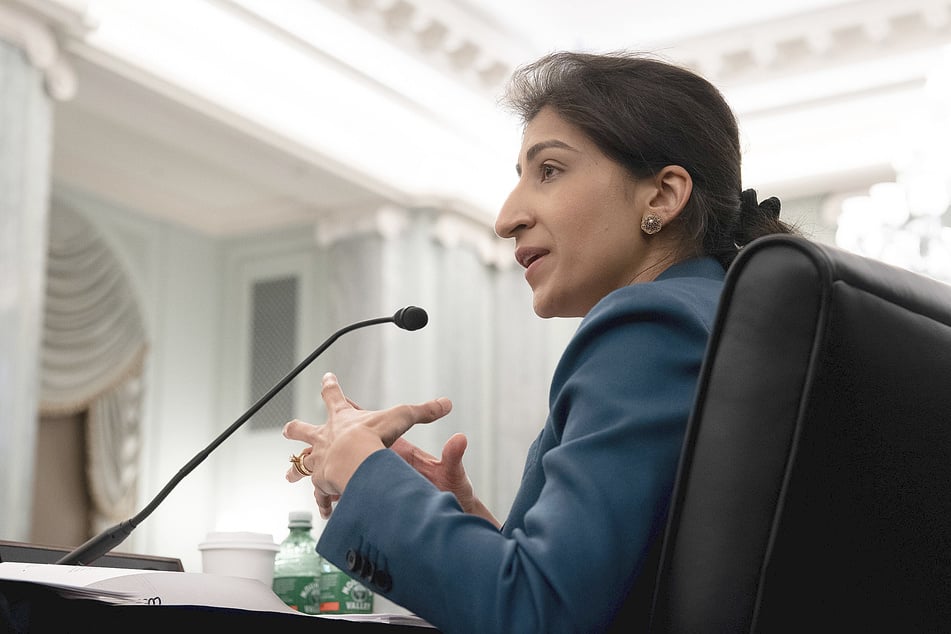Round Two: Facebook and FTC go head-to-head in monopoly claims rematch
Washington DC - The US Federal Trade Commission will continue to pursue monopolization claims against social media giant Meta Platforms Inc., formerly known as Facebook, as a judge in Washington DC has permitted the agency to proceed with a revised filing.

In the filing reported on Tuesday, District of Columbia judge James Boasberg said, "The Federal Trade Commission's first antitrust suit against Facebook, Inc. stumbled out of the starting blocks, as this Court dismissed the Complaint last June."
The court allowed the watchdog to revise its complaint and file it again. The revised filing also keeps the allegations unchanged, and the crux of the matter remains the same.
Boasberg said that proving claims that Meta has a monopoly would be a "tall task."
"The facts alleged this time around to fortify those theories, however, are far more robust and detailed than before, particularly in regard to the contours of Defendant's alleged monopoly," Boasberg added.
The FTC claims that Meta has a clear monopoly over the social media market and has strengthened it by acquiring competitors like WhatsApp and Instagram.
Boasberg's opinion says that the new filing does a better job at putting forward the original argument.
"In stark contrast with its predecessor, this complaint provides reinforcing, specific allegations that all point toward the same conclusion: Facebook has maintained a dominant market share during the relevant time period," he wrote.
"Second time lucky?"

The judge went on to add that if the FTC's research is believed, "Facebook's market share comfortably exceeds the levels that courts ordinarily find sufficient to establish monopoly power."
In June, Boasberg had dismissed complaints against Facebook filed by FTC and state attorneys general, led by New York's Letitia James.
In August, FTC refiled the case, saying "Today, the Federal Trade Commission filed an amended complaint against Facebook in the agency's ongoing federal antitrust case. The complaint alleges that after repeated failed attempts to develop innovative mobile features for its network, Facebook instead resorted to an illegal buy-or-bury scheme to maintain its dominance. It unlawfully acquired innovative competitors with popular mobile features that succeeded where Facebook's own offerings fell flat or fell apart."
Talking about the opinion, a Meta spokesperson said, "Today's decision narrows the scope of the FTC's case by rejecting claims about our platform policies. It also acknowledges that the agency faces a 'tall task' proving its case regarding two acquisitions it cleared years ago."
"We're confident the evidence will reveal the fundamental weakness of the claims," the Meta spokesperson added. "Our investments in Instagram and WhatsApp transformed them into what they are today. They have been good for competition, and good for the people and businesses that choose to use our products."
Cover photo: Collage: IMAGO/NurPhoto & UPI Photo